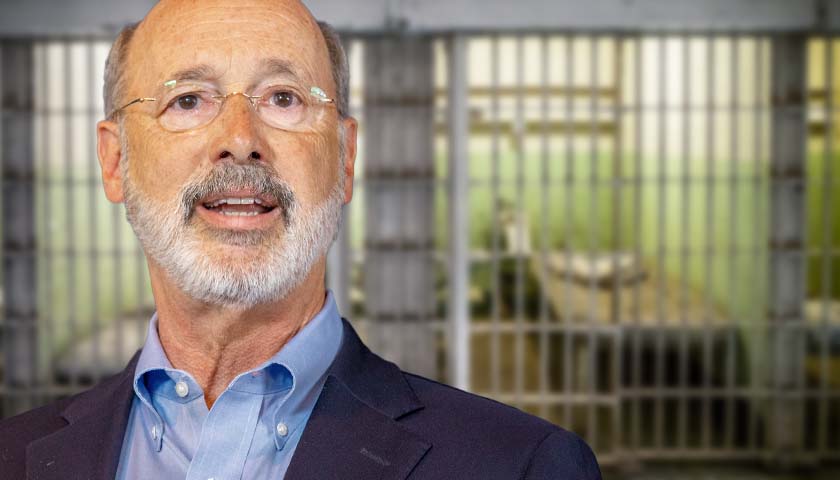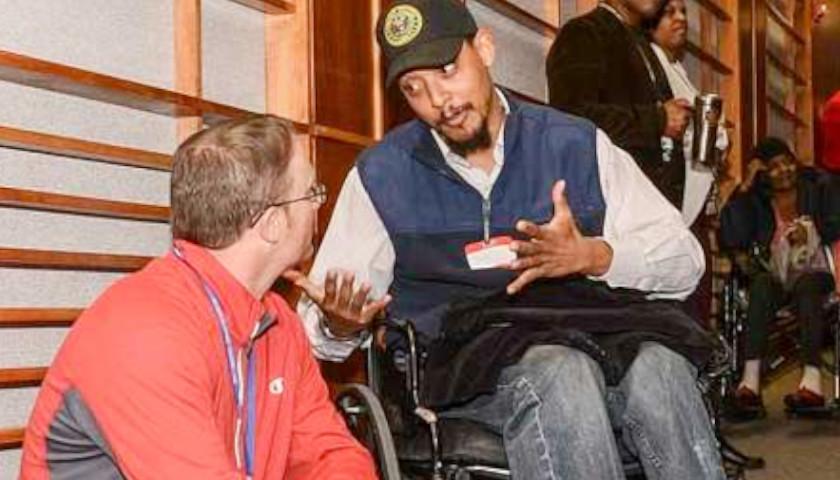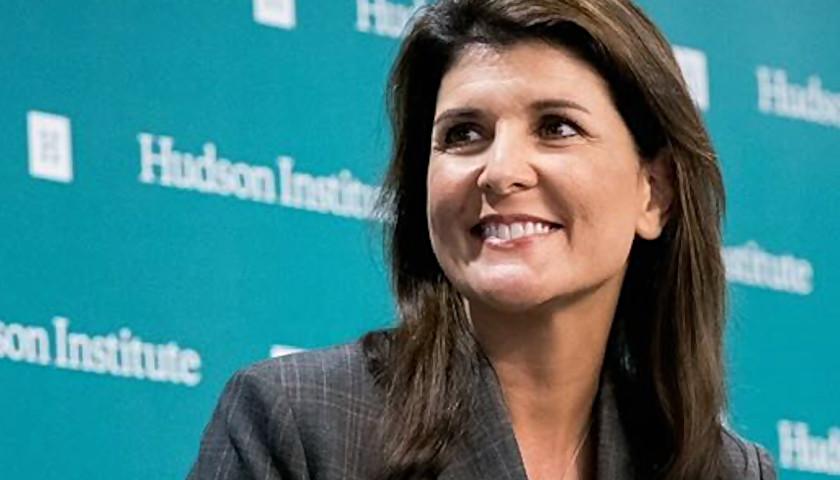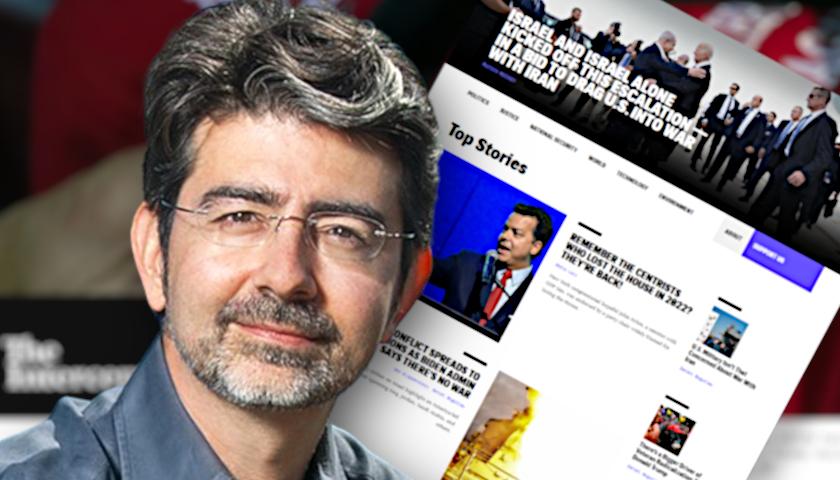Governor Tom Wolf (D-PA) is recommending that lawmakers fund state prisons at a lower level in future years than the state’s Department of Corrections has requested.
At a budget hearing Wednesday, members of the state House Appropriations Committee questioned Acting Secretary of Corrections George Little about the contrast between the governor’s projections and the department’s own outlook.
In his Fiscal Year 2022-23 budget proposal, the governor has recommended initially raising correctional institutions’ funding by about four percent, to $2.166 billion. But his budgeting estimates over the following two years would reverse that increase.
This diverges from a funding request outlined by the department last October which anticipated three-percent increases in each of the next four fiscal years.
When asked about the differing projections, Little said the governor may be responding to the recent decline in Pennsylvania’s incarcerated population. He also said that state courts reopening after the COVID-19 lockdowns hasn’t resulted in a major influx of new prisoners.
“Certainly we are looking at a decrease in our overall in-house population that we have had certainly over the last two years as it relates specifically to normal releases that we’ve had and some that are COVID-related,” he told committee members. “There is some sense that perhaps we can sustain this level of population that we currently have.”
Last October, Wolf announced that the number of those imprisoned in Pennsylvania’s corrections system had fallen to a 20-year low of 36,743. Over 8,300 fewer people resided in state prison at that point than did when the coronavirus hit in March 2020. The governor boasted of having signed more than 1,500 pardons in his nearly seven years on the job, more than any governor in nearly the last quarter-century.
Little noted that he sees certain expenses looming larger for his agency. First, employees’ salaries, benefits and pensions are all expected to grow. Moreover, Pennsylvania’s incarcerated population is aging and thus driving up special-needs services, particularly regarding mental and physical healthcare.
State Representative Keith Greiner (R-Lampeter) said that, despite the commonwealth’s successful efforts to imprison fewer people, the costs weighing on the prison system presently don’t appear likely to decline.
“In light of this inflationary environment we’re in, I don’t see how you can decrease costs or have an increase that is dramatically less than your own projected three-percent increase which, to me, is more grounded in reality than what the governor’s budget has,” he told Little.
State Representative Meghan Schroeder (R-Warminster) expressed concern regarding another element of the corrections budget: field supervision (i.e., probation), on which Wolf wants to spend an additional $9 million next budget year, roughly a six-percent increase over the present $151.4-million allocation. The governor has nonetheless projected that that item should forgo any hikes throughout the next four years.
The Corrections Department’s request last autumn anticipated that probation would receive increases of about three percent in the three years subsequent to FY 2022-23. This is partly owed to a heightened need to supervise large numbers of people who have recently received parole. Schroeder asked Little if those expectations persist.
The secretary responded that the commonwealth has managed to usher many ex-inmates through their probationary terms in a timely fashion and thus put some downward pressure on supervision costs. He added, however, that the pandemic has been an abnormal time for parole and a return to more typical circumstances may augment probation expenses.
“As things stand now, I would anticipate some modest increase,” he said.
The overall general-fund budget proposal Wolf has outlined for the next fiscal year totals $43.7 billion, containing a 16.6-percent rise over current spending. Wolf has insisted lawmakers can fulfill his request without raising taxes, though his revenue projections amount to about $762 million less than those forecasted by the nonpartisan Independent Fiscal Office. Wolf’s plan also relies on the allotment of $2 billion in non-recurring federal money from the American Rescue Plan Act that President Joe Biden signed last spring.
– – –
Bradley Vasoli is managing editor of The Pennsylvania Daily Star. Follow Brad on Twitter at @BVasoli. Email tips to [email protected].
Photo “Tom Wolf” by Governor Tom Wolf. CC BY 2.0. Background Photo “Prison Cells” by Jumilla. CC BY 2.0.




